The Brave Class: The Power of Political Speech
(CLASE VALIENTE: EL PODER DE LAS PALABRAS)
Victor Alonso Berbel / Spain / 2016 / 75 min
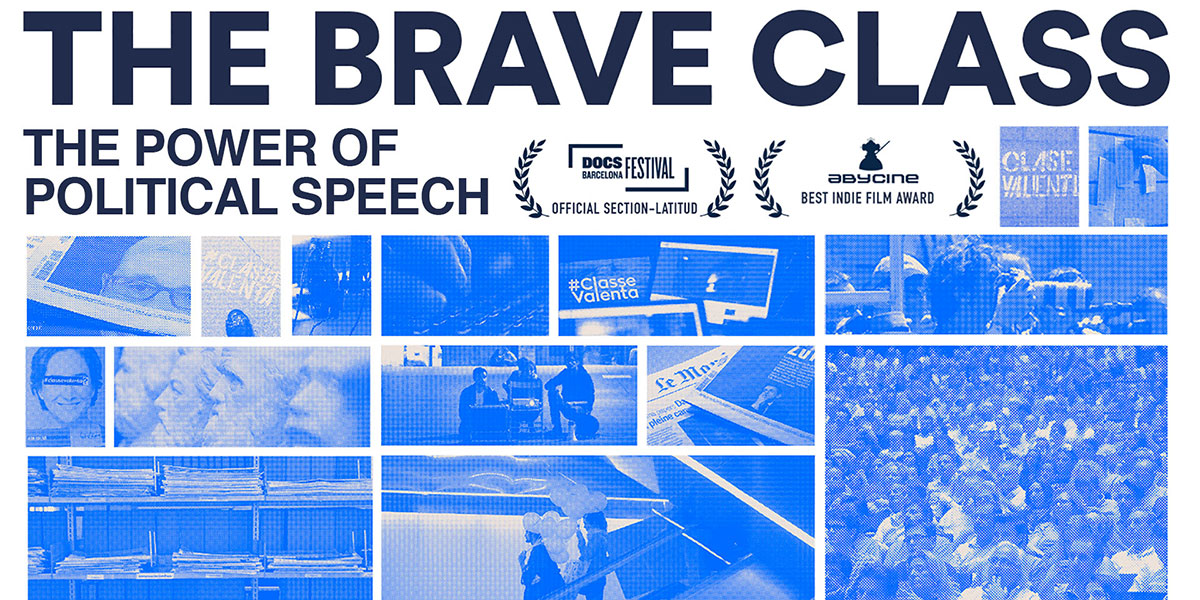
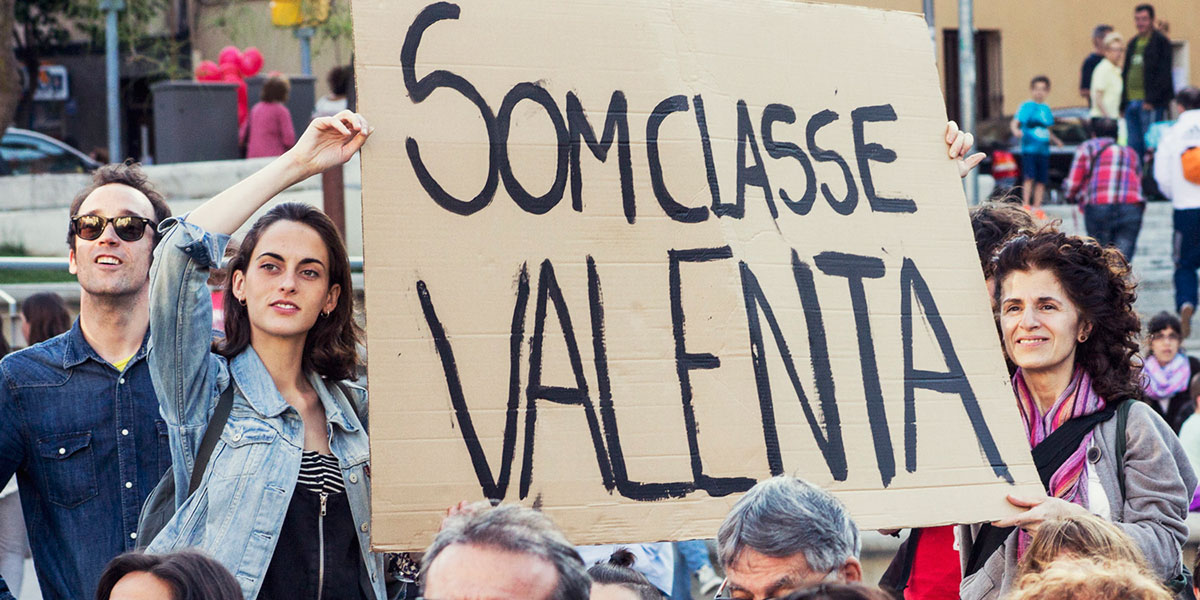
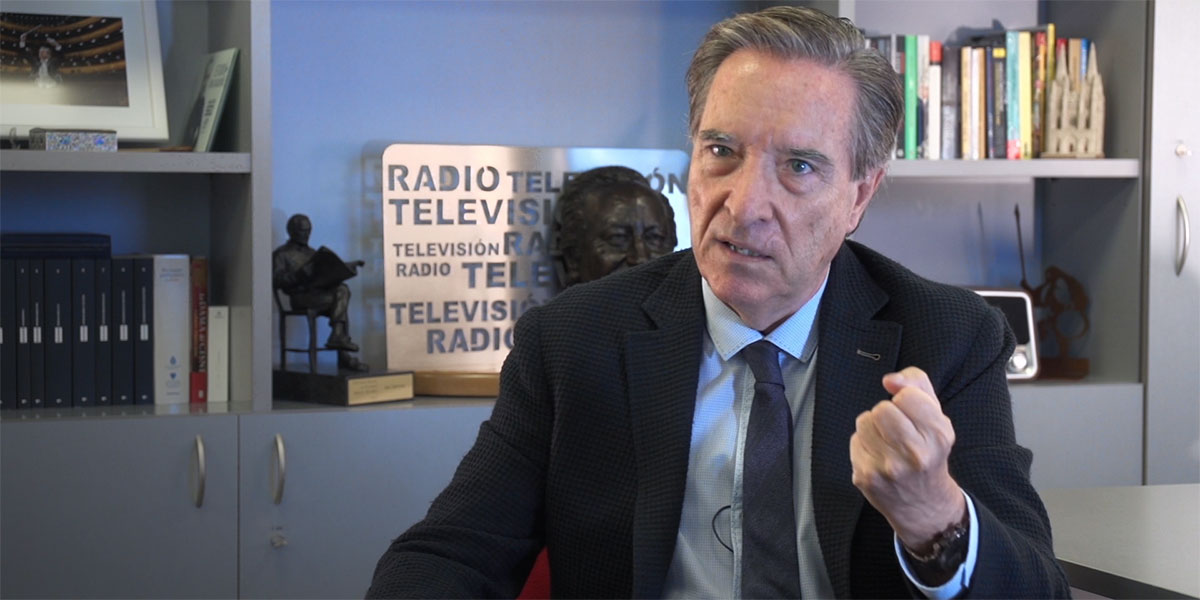
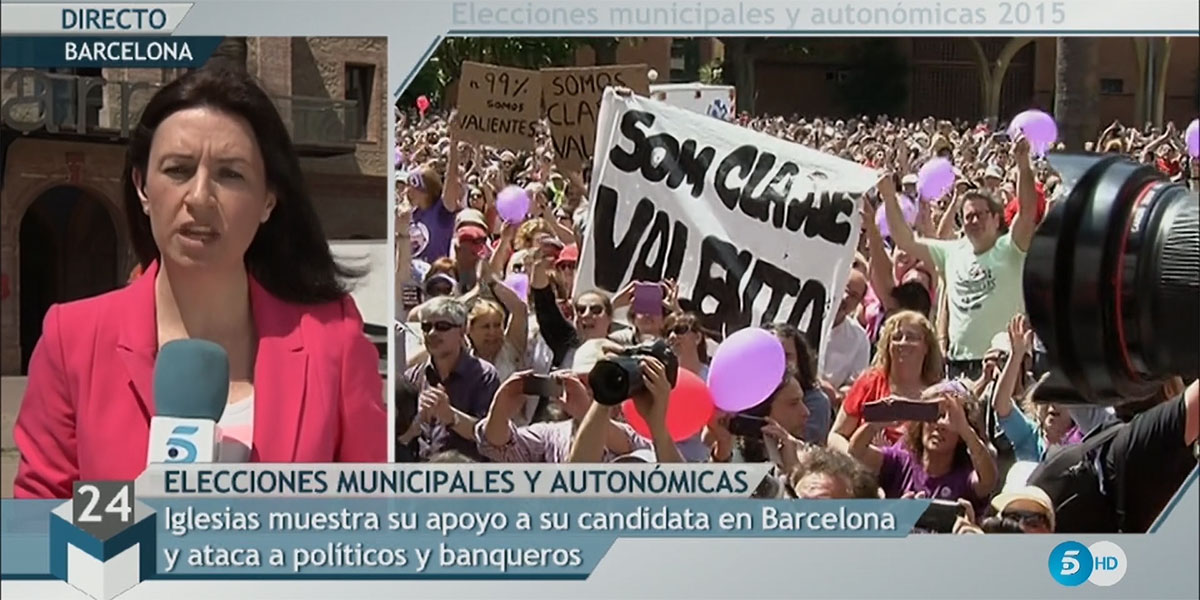
Abycine International Film Festival
Best Indie Film AwardGaudí Awards
Best Documentary NominationEdinburgh Spanish Film Festival
Docs Barcelona
Pricing
Related Films
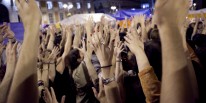 Spain in Crisis: A Collective ResponseFlavio G. García, Stéphane M. Grueso, Isaki Lacuesta, David VarelaThis crucial collection offers a fresh and much-needed perspective from artists and activists alike on the current Spanish fiscal crisis and the 15M ...
Spain in Crisis: A Collective ResponseFlavio G. García, Stéphane M. Grueso, Isaki Lacuesta, David VarelaThis crucial collection offers a fresh and much-needed perspective from artists and activists alike on the current Spanish fiscal crisis and the 15M ...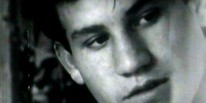 Clandestine Filmmaking in Franco’s Spain, 1960-1975(Cronica D'Una Mirada)Manuel BarriosHighly Recommended by EMRO. Read the review. Now available in North America for the first time, this award-winning, six-part documentary series uncovers ...
Clandestine Filmmaking in Franco’s Spain, 1960-1975(Cronica D'Una Mirada)Manuel BarriosHighly Recommended by EMRO. Read the review. Now available in North America for the first time, this award-winning, six-part documentary series uncovers ...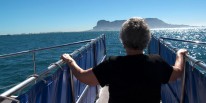 The Rock(La Roca)Raúl SantosIn 1969, Spanish dictator Francisco Franco, closed the entrance to the British territory of Gibraltar, isolating 30,000 people without food, water, or ...
The Rock(La Roca)Raúl SantosIn 1969, Spanish dictator Francisco Franco, closed the entrance to the British territory of Gibraltar, isolating 30,000 people without food, water, or ...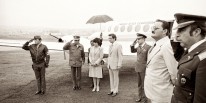 The Death of Jaime Roldós(La muerte de Jaime Roldós)Lisandra I. Rivera , Manolo Sarmiento The history of Ecuador was shaken in 1981 by the sudden death of President Jaime Roldós and his wife Martha Bucaram in a suspicious plane crash. ...
The Death of Jaime Roldós(La muerte de Jaime Roldós)Lisandra I. Rivera , Manolo Sarmiento The history of Ecuador was shaken in 1981 by the sudden death of President Jaime Roldós and his wife Martha Bucaram in a suspicious plane crash. ...Synopsis
In Spanish, Catalan and English with English subtitles
What hides beneath a political speech? Can the world be changed with words? The Brave Class reveals the methods of political language in our way of understanding the world. Precarious work or mini job. Gender-based violence or domestic violence. Cheap dismissal or labor market flexibility. Same concept, with a completely different way of understanding and communicating it. We comprehend reality through an invisible and yet extremely important filter: language.
The Brave Class is a social experiment that introduces a concept into the daily speech of politicians and communications experts during the 2015 Spanish elections. This involved many people in acts of public intervention, urban art, and other forms of social activism. The surprising results are analyzed by more than 20 experts including Owen Jones, George Lakoff, Íñigo Errejón, Christian Salmon, Iñaki Gabilondo, and other prominent players in the field of political communication and information.
Related Subjects
About the Director
Press
“A really interesting documentary focusing on the importance of verbal language in political communication. The Brave Class Clase stands up because it practices what it preaches.” – Marius Serra, La Vanguardia
“Lucid, passionate and succinct work...it finds imaginative ways of overcoming the dangers of routine exposition.” – Jordi Costa, Diario El País
Notes on the Film
What’s the impact of language in the way we understand the world? The Brave Class is the answer of three college students from Pompeu Fabra University in Barcelona to this question. Borja, Jan and I had always enjoyed discussing politics until late at night, but at one point we decided that exploring this issue through film was the best way to contrast theory with reality, while sharing the debate with the audience.
Our initial question soon became a statement: Yes, language completely alters the way we understand reality. Moreover, studying this process has led politicians and the media to develop strategies and techniques that are constantly applied, yet completely unknown by most citizens. Our first intention became a political stance: democratizing the tools of political language is a necessary step in the evolution toward a more equal, mature and empowered society.
Analyzing language also required paying careful attention to our own cinematic choices while shooting a documentary. Much like words, shots can’t be neutral: they imply conceptual frameworks, connections, statements. The Brave Class attempts to use transparent narrative devices, and claims that oral speech is one of the most powerful tools to create meaning. Our documentary listens carefully to a wide range of voices, and the contrast between their approaches and strategies generates a collective answer to our questions.
The Brave Class is, after all, proof of the way we understand films, and through films we understand the world. It’s a documentary that doesn’t shy away from its condition of political gesture, and humbly tries to transform the portrait of a process into the first step of a bigger transformation. After all, our job here is done: it’s the audience that will decide the result of the experiment.